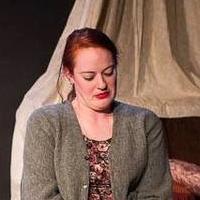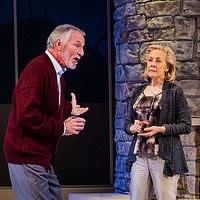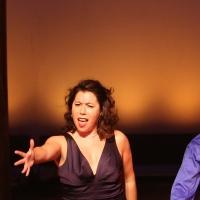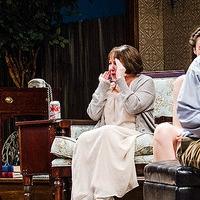 Patrick Brassell is the author of five published novels and five produced plays. He has directed, produced, and designed sound for about fifty theater productions, and he has acted on rare occasion. He sang with a number of unsuccessful bar bands, wrote a comprehensive blog about the history of the Academy Awards, and wishes he were young enough to audition for American Idol. In the meantime, he has a day job in the financial industry, and lives in the Portland neighborhood of Cedar Mill.
Patrick Brassell is the author of five published novels and five produced plays. He has directed, produced, and designed sound for about fifty theater productions, and he has acted on rare occasion. He sang with a number of unsuccessful bar bands, wrote a comprehensive blog about the history of the Academy Awards, and wishes he were young enough to audition for American Idol. In the meantime, he has a day job in the financial industry, and lives in the Portland neighborhood of Cedar Mill.
Videos





















